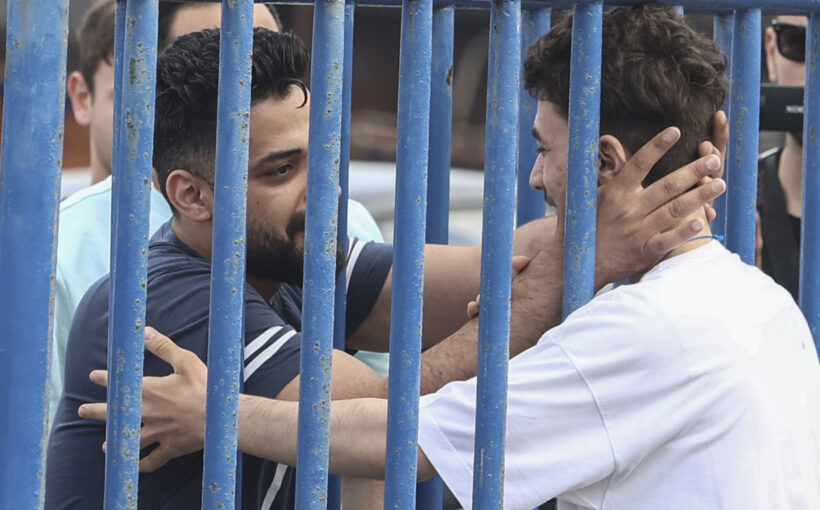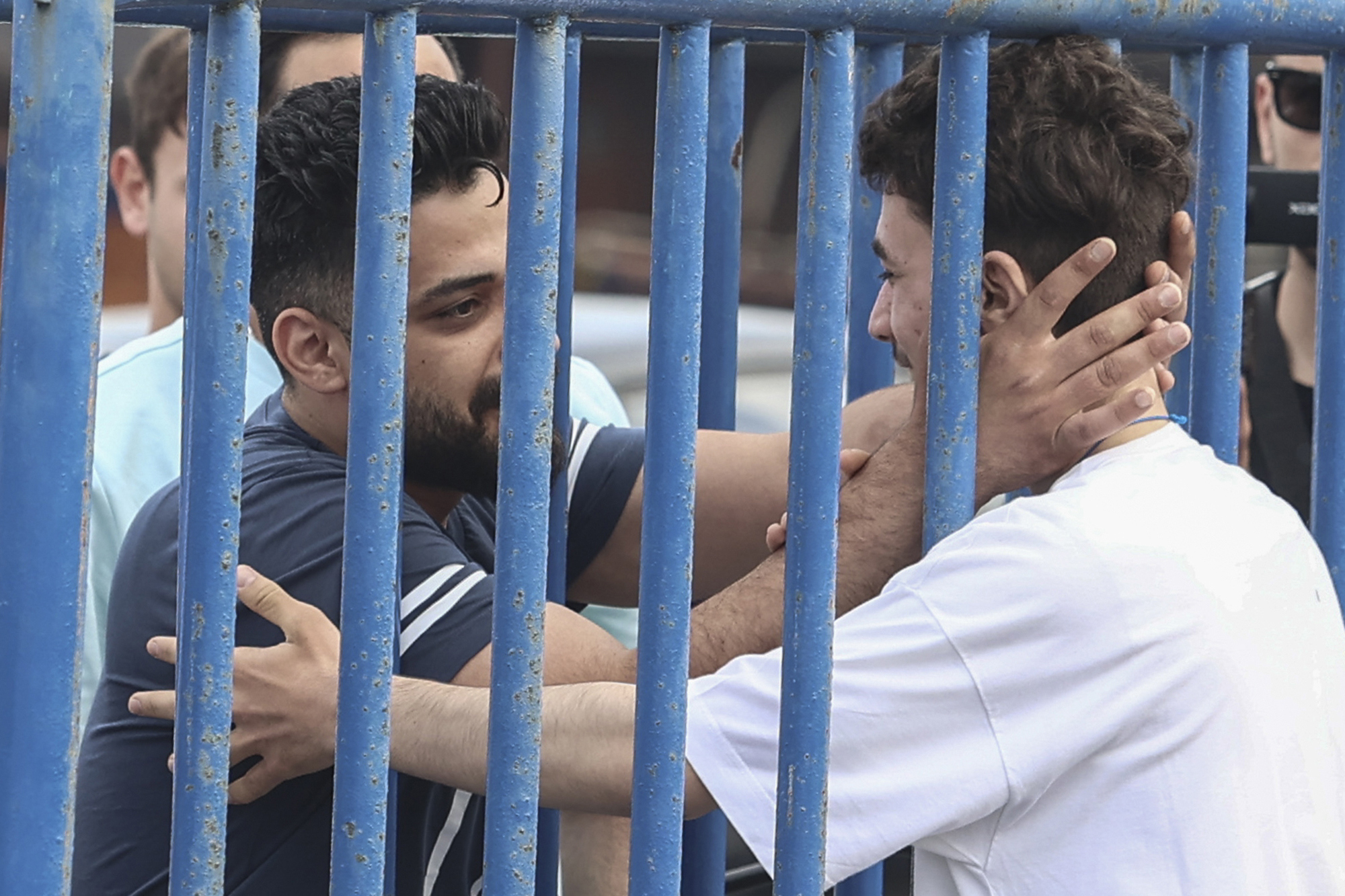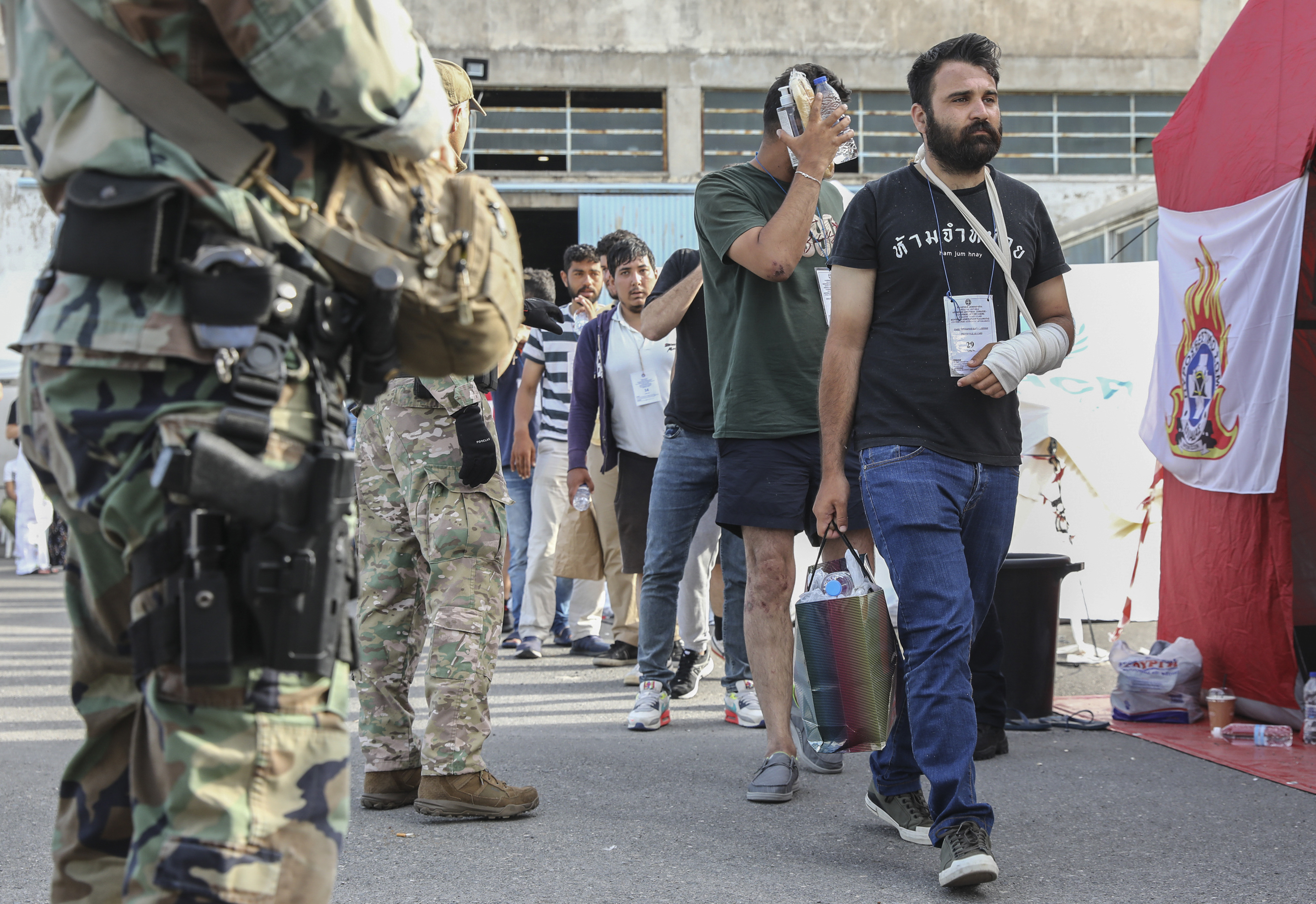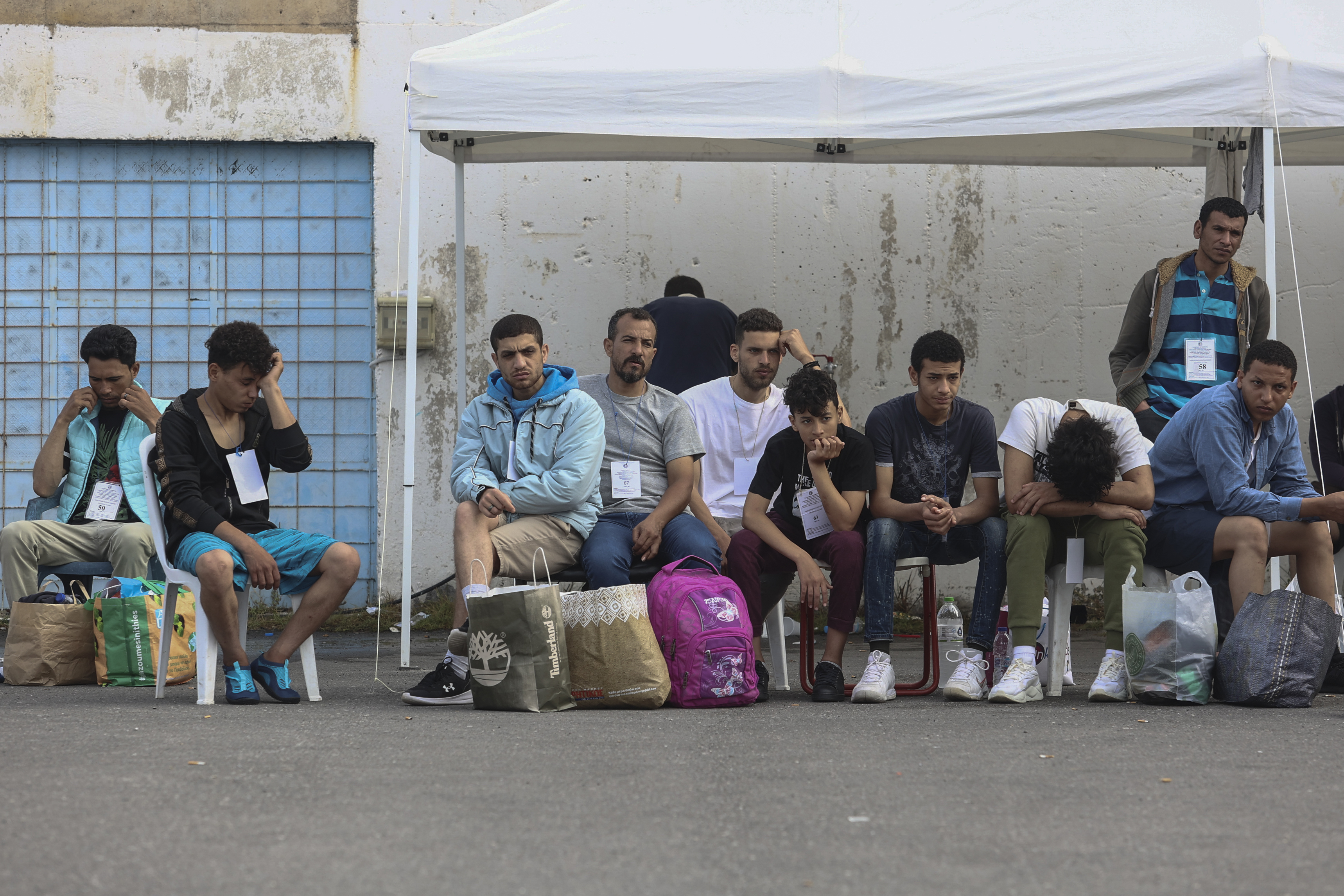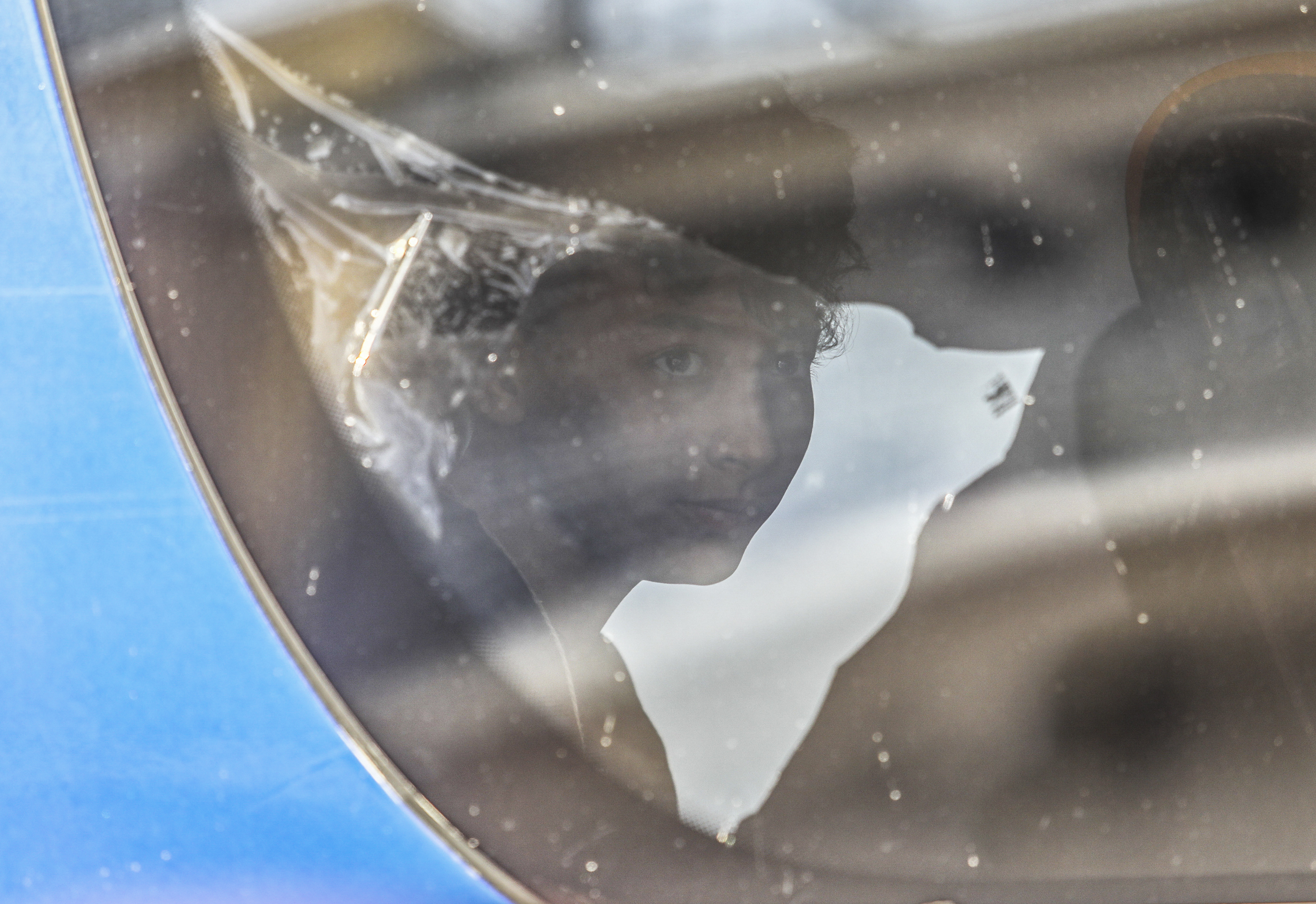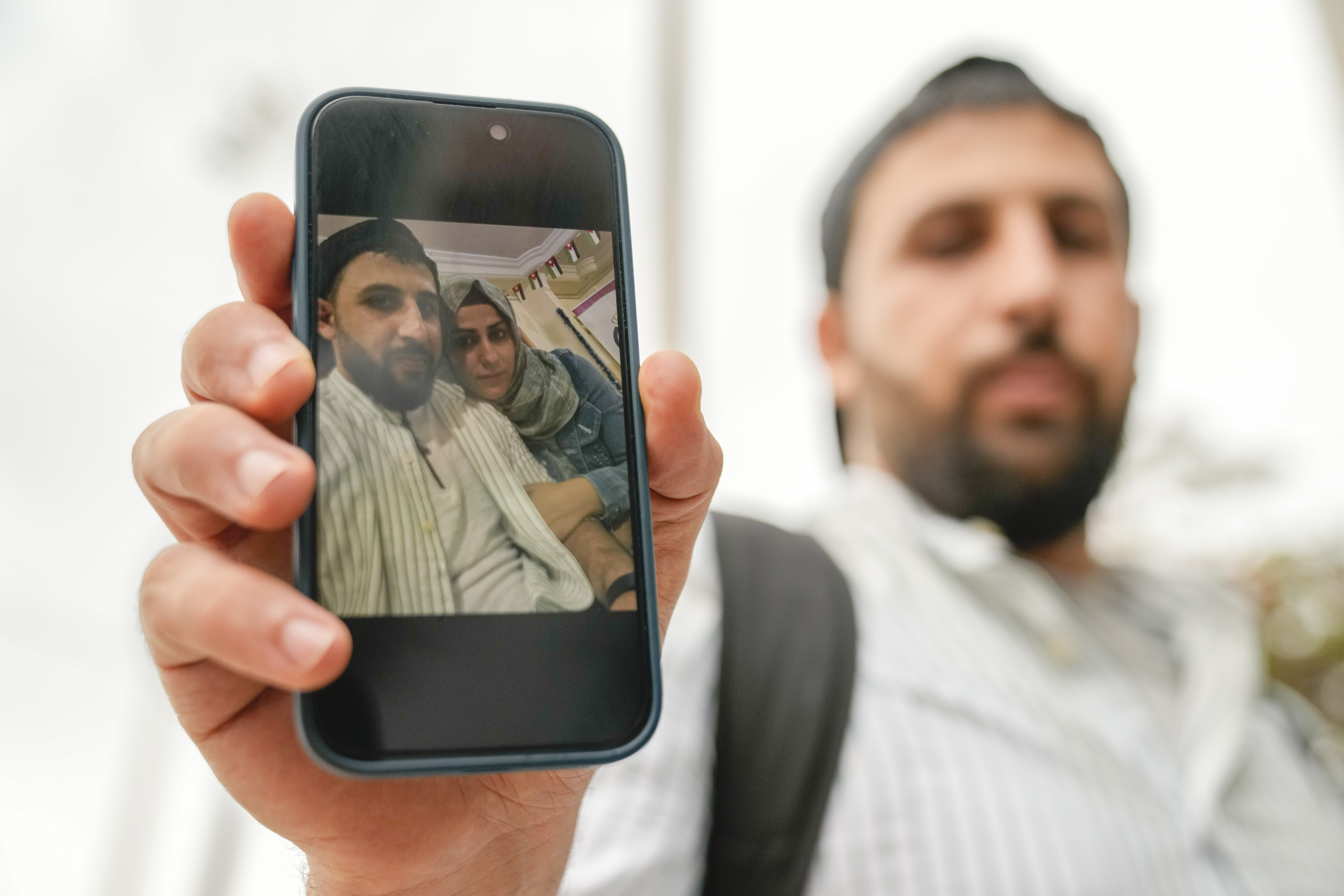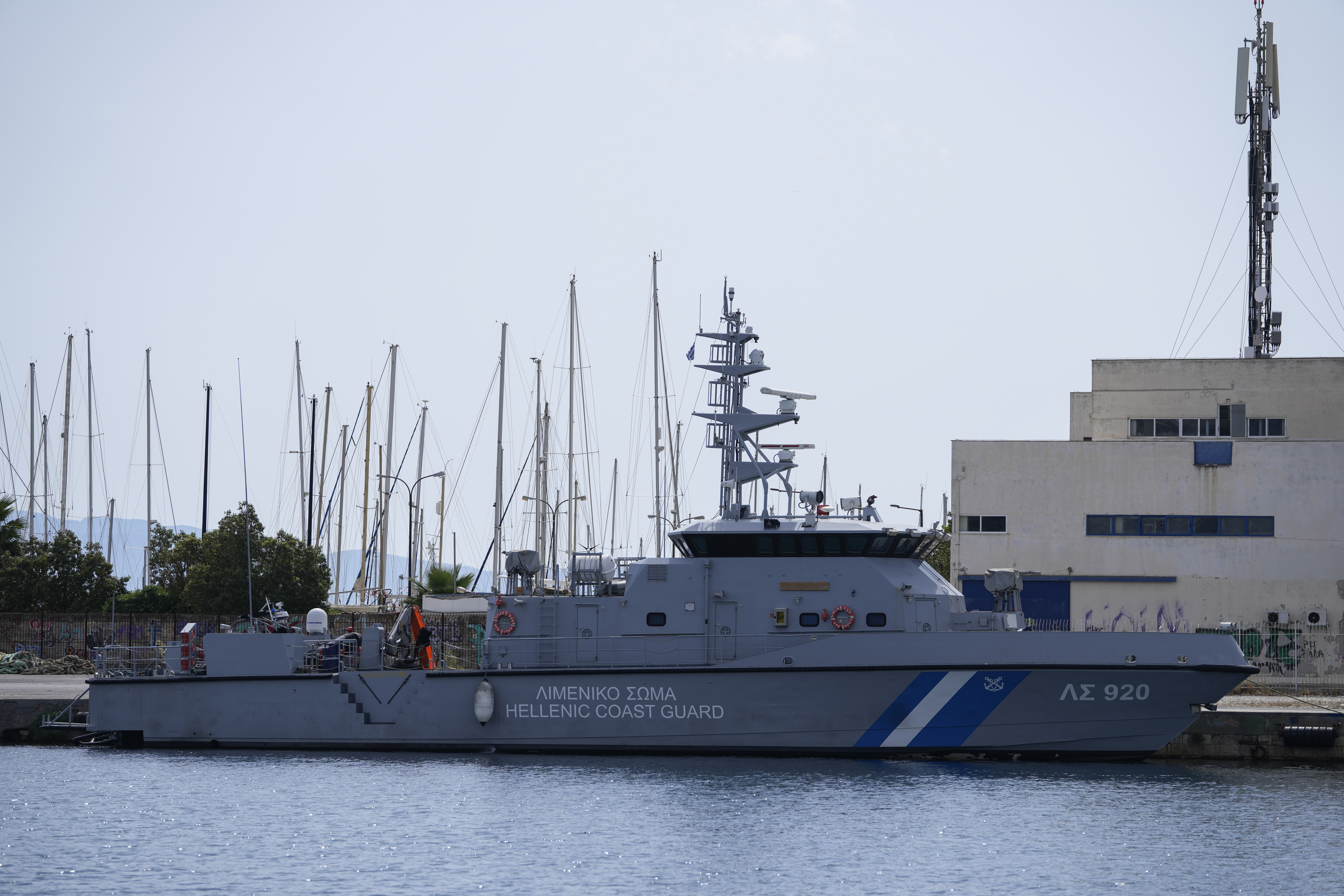Greece's coast guard defended its actions in responding to a ship carrying hundreds of migrants that ended up sinking off the country's south coast, as criticism mounted on Friday over the European Union's years-long failure to hammer out a comprehensive migration and asylum policy.
Patrol boats and a helicopter spent a third day scouring the area of the Mediterranean Sea where the packed fishing vessel capsized and sank early on Wednesday. The International Organisation for Migration said as many as 500 passengers may have gone down with the trawler, which was traveling from Libya to Italy.
"This could be the second deadliest shipwreck we have ever recorded after the tragic shipwreck of April, 2015 on route to Italy," the UN migration agency's Missing Migrants Project tweeted, referring to a vessel that capsized off the coast of Libya, claiming the lives of an estimated 800 migrants.
READ MORE: Face of what could be one of Europe's most deadly boating tragedies
The Greek coast guard said the search and rescue operation would be extended beyond the standard 72 hours. Rescuers pulled 104 survivors from the water and later recovered 78 bodies but have not located any more since late Wednesday.
The scale of the disaster put fresh pressure on both the Greek government and the European Union.
The UN's migration and refugee agencies issued a joint statement calling timely maritime search and rescues "a legal and humanitarian imperative" and calling for "urgent and decisive action to prevent further deaths at sea".
"The Greek government had specific responsibilities toward every passenger on the vessel, which was clearly in distress," Adriana Tidona of Amnesty International said. "This is a tragedy of unimaginable proportions, all the more so because it was entirely preventable."
Pope Francis, who was discharged from a Rome hospital Friday nine days after undergoing abdominal surgery, urged European governments to do more to protect people who risk their lives while attempting to find better ones.
"I feel great pain at the death of the migrants, including many children, in the shipwreck," a tweet from Francis' Twitter account said. "We must do everything possible so that migrants fleeing war and poverty do not meet death while seeking a future of hope."
UN Secretary-General Antonio Guterres was more pointed in his criticism.
"Let's be clear. This is not a Greek problem. This is a European problem. I think it's time for Europe to be able, in solidarity, to define an effective migration policy for these kinds of situations not to happen again," Guterres said during a news conference at UN headquarters in New York late Thursday.
The EU's executive commission says the 27-nation bloc is close to an agreement on how member countries can share responsibility in caring for migrants and refugees who undertake the dangerous journey across the Mediterranean.
Meanwhile, Greece and other southern EU nations that typically are the first destinations for Europe-bound asylum-seekers traveling by sea have toughened border protection measures in recent years, extending walls and intensifying maritime patrols.
Coast guard spokesperson Nikos Alexiou said coast guard and private vessels followed the vessel in international waters before it sank. Repeated offers of assistance were rejected in radio communications with the vessel and well as calls made over a loudspeaker, he said.
Alexiou denied reports of survivors saying a patrol boat had tried to tow the fishing boat.
A judicial investigation is underway into the causes of the sinking. Greek officials say the vessel capsized minutes after it lost power, speculating that panic among the passengers may have caused the boat to list and roll over.
The rescue operation also created political controversy in Greece as the country heads to a general election on June 25. Large protests in Athens turned violent late on Thursday and led to 21 arrests.
Left-wing opposition leader Alexis Tsipras visited survivors and said the coast guard should have towed the ship to safety as it approached Greek waters -– a concern echoed by human rights organisations.
Most of the survivors were being moved on Friday from a storage hangar at the southern port of Kalamata, where relatives also gathered to look for loved ones, to migrant shelters near Athens.
Nine people — all men from Egypt, ranging in age from 20 to 40 — were arrested and detained and charged on Friday of people smuggling and participating in a criminal enterprise. Twenty-seven of the survivors remain hospitalised, health officials said.
The smuggling suspects are due to appear in court Monday.
Alexiou, citing survivor accounts, said passengers in the hold of the fishing boat included women and children but that the number of missing, believed to be in the hundreds, remained unclear.
The International Organisation for Migration has estimated the boat carried as many as 750 people.
Officials at a state-run morgue outside Athens photographed the faces of the victims and gathered DNA samples to start the identification process.
